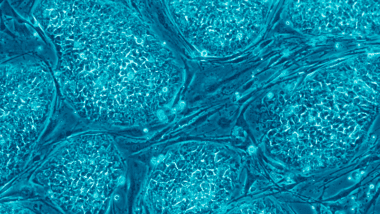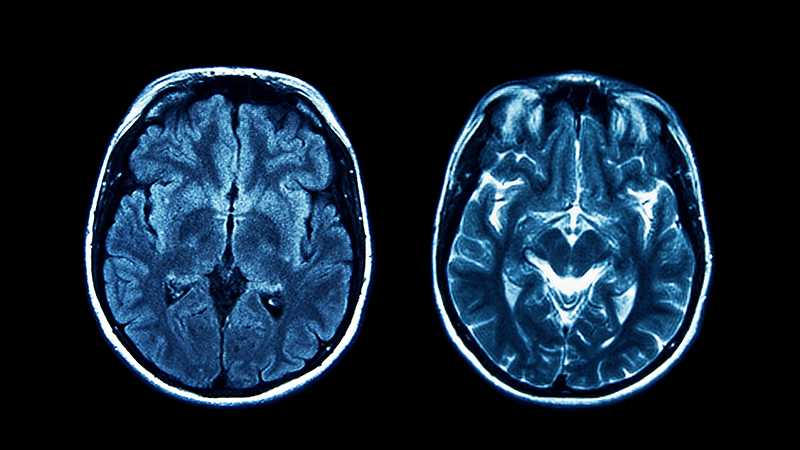Research using adult stem cells offers hope for treating strokes and vascular dementia, scientists believe.
In a pioneering study at the University of Cambridge, academics created a model of diseased brain blood vessels from patients’ reprogrammed skin cells. They then successfully reversed the damage.
Cerebral small vessel disease (SVD) contributes to almost half of dementia cases worldwide and causes one in five of the most common type of stroke.
Potential
Clinical Neuroscientist Dr Alessandra Granata, who led the study, said that despite the high prevalence of SVD, “we have little in the way of treatments because we don’t fully understand what damages the blood vessels and causes the disease”.
She explained: “That’s why we turned to stem cells to generate cells of the brain blood vessels and create a disease model ‘in a dish’ that mimics what we see in patients.”
When molecules that play a key role in the disease were treated with inhibiting drugs, she reported that the team found they “reversed the damage and stopped the leakage”.
These drugs, she added, come with “potentially significant side effects”, but the model itself “could be scaled up relatively easily to test the viability of future potential drugs”.
Embryonic stem cells
Unlike research involving embryonic stem cells, studies that utilise ethically-sourced stem cells do not require the destruction of human embryos.
In the UK, the 1990 Human Fertilisation and Embryology Act allows experimentation on human embryos of up to 14 days’ development for certain research purposes.
The Human Fertilisation and Embryology Authority (HFEA) is now proposing a change in the law that would ditch a number of the existing restrictions on embryo research in an attempt to pursue ‘scientific innovations’ for new treatments.
The HFEA wants the law to enable experiments on human embryos beyond the existing 14-day limit, medical research that looks to manipulate DNA in human embryos, and techniques to be trialled without having to be properly authorised.

January 2023: New ethical stem cell research gives hope for dementia treatment
December 2022: Two year old ‘wouldn’t be with us today’ without world-first stem cell operation
May 2021: Ethical stem cells deliver dramatic cure for ‘bubble boy’ disease
March 2021: ‘She’s given me back my life’, teen thanks adult stem cell donor
January 2021: Ethical stem cell research finds MND damage may be reversible

